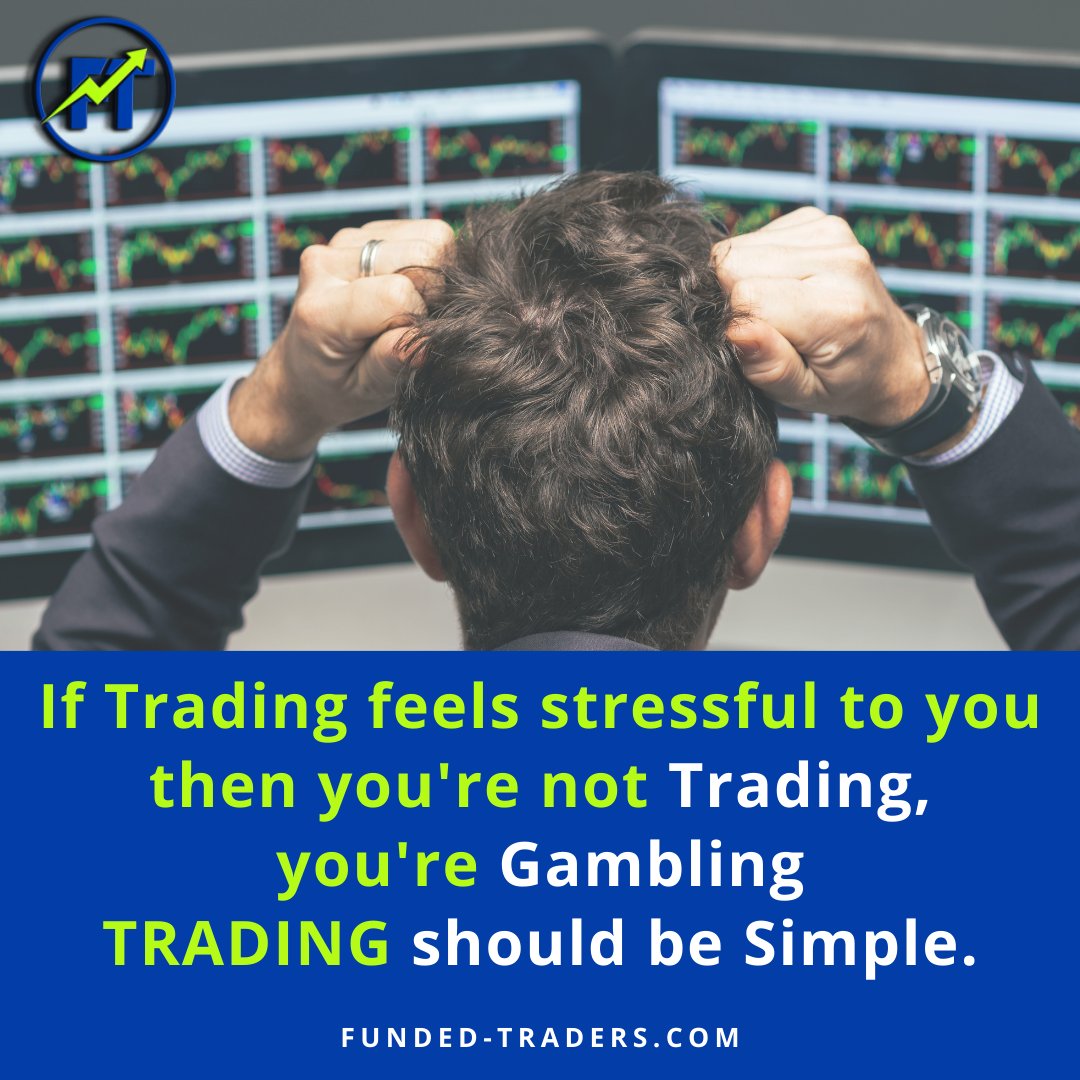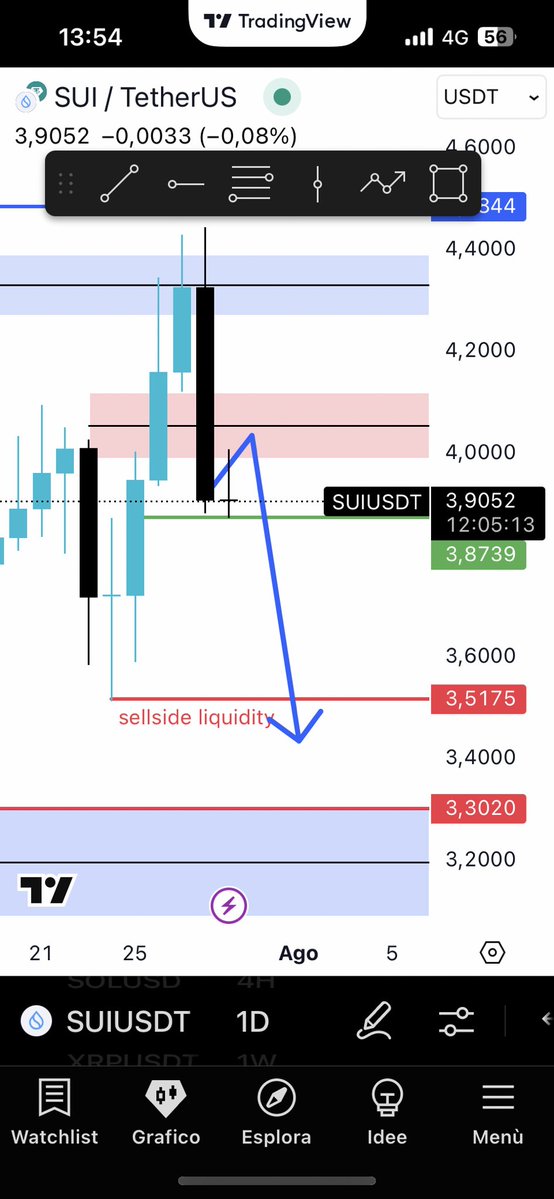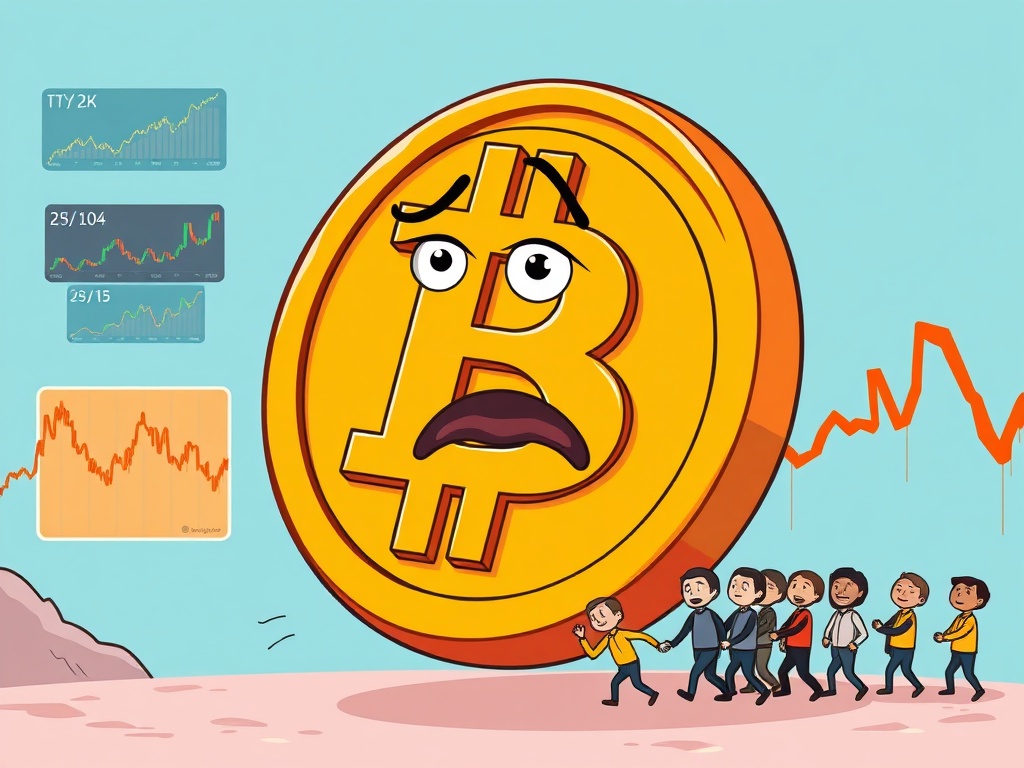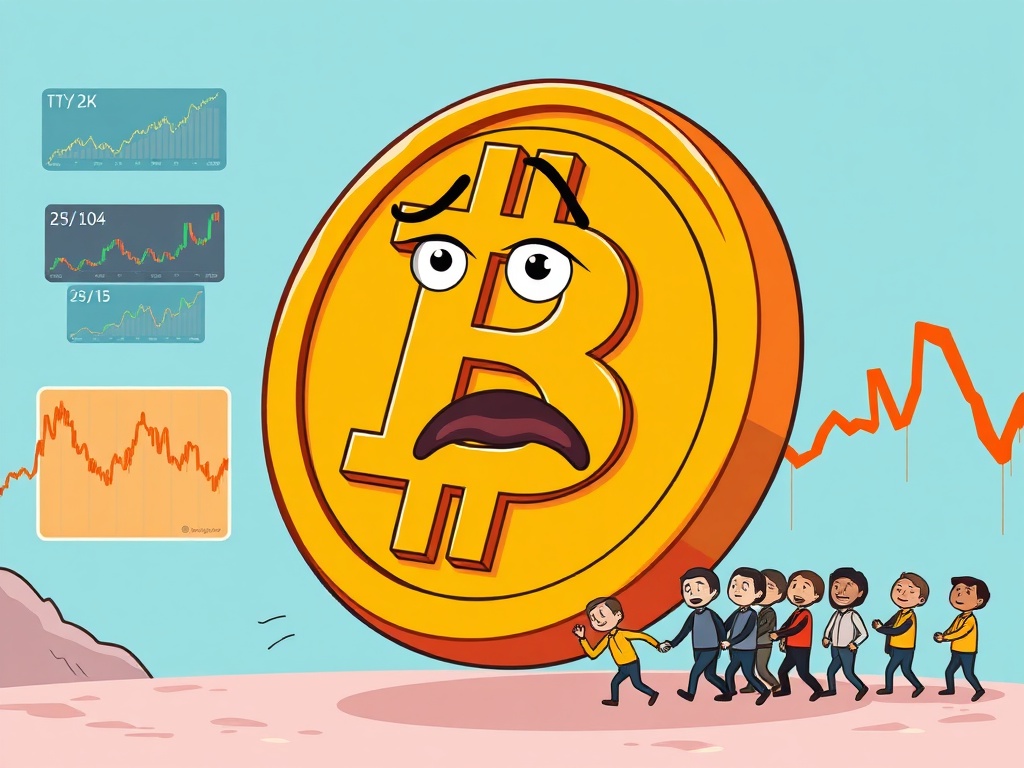The Art of Stress-Free Trading: A Calculated Approach
The Emotional Rollercoaster of Trading
Imagine this: you’re sitting in front of your trading screen, heart pounding, palms sweaty. The market is volatile, and every tick of the price movement feels like a personal victory or defeat. This is the emotional rollercoaster that many traders experience daily. The thrill of a winning trade can be exhilarating, but the despair of a losing one can be crushing. This emotional volatility is often what makes trading stressful. The key to managing this stress is to recognize when your trading feels more like gambling than a calculated strategy. If you find yourself making impulsive decisions based on fear or greed, it’s time to reassess your approach.
The Power of Analysis in Trading
Analysis is the cornerstone of stress-free trading. By relying on data and trends rather than emotions, you can make more informed decisions. This doesn’t mean you need to be a data scientist; it simply means you should use available tools and resources to guide your trading. For example, technical analysis can help you identify trends and patterns, while fundamental analysis can provide insights into the underlying value of an asset.
Technical Analysis
Technical analysis involves studying historical price movements and volume data to predict future price movements. Tools like moving averages, relative strength index (RSI), and Bollinger Bands can help you identify trends and potential entry or exit points. By using these tools, you can make more objective decisions and reduce the influence of emotions on your trading.
Fundamental Analysis
Fundamental analysis, on the other hand, focuses on the underlying factors that affect an asset’s value. This includes economic indicators, company financials, and industry trends. By understanding these factors, you can make more informed decisions about which assets to trade and when to enter or exit a position. For example, if you’re trading stocks, you might look at a company’s earnings reports, revenue growth, and market share to determine its intrinsic value.
Keeping It Simple
One of the biggest mistakes traders make is overcomplicating their strategies. The more complex your strategy, the more room there is for error and stress. Keeping it simple allows you to focus on what’s important and makes it easier to stick to your plan. This doesn’t mean you should ignore important factors, but rather, you should prioritize them and avoid getting bogged down in unnecessary details.
The KISS Principle
The KISS principle, which stands for “Keep It Simple, Stupid,” is a great guideline for trading. By simplifying your strategy, you can reduce the cognitive load and make more rational decisions. For example, instead of using multiple indicators and complex algorithms, you might focus on a few key indicators that have proven to be reliable. This way, you can avoid analysis paralysis and make quicker, more confident decisions.
Sticking to Your Strategy
Consistency is key in trading. Once you have a strategy that works for you, stick to it. This doesn’t mean you can’t adjust your strategy over time, but it does mean you should avoid making impulsive changes based on short-term market fluctuations. By sticking to your strategy, you can reduce stress and increase your chances of long-term success.
The Importance of Discipline
Discipline is crucial in trading. It’s easy to get swayed by market noise and make impulsive decisions, but this can lead to significant losses. By sticking to your strategy, you can maintain discipline and avoid emotional trading. For example, if your strategy calls for a stop-loss at a certain price, stick to it. Don’t let fear or greed cloud your judgment and cause you to deviate from your plan.
The Role of Emotions in Trading
Emotions play a significant role in trading, but they don’t have to control your decisions. By recognizing and managing your emotions, you can make more rational decisions. For example, if you find yourself feeling anxious about a trade, take a step back and reassess your strategy. If you’re feeling greedy, remind yourself of your long-term goals and avoid taking unnecessary risks.
Emotional Intelligence
Emotional intelligence is the ability to recognize, understand, and manage your emotions. In trading, this can be a powerful tool. By developing emotional intelligence, you can make more rational decisions and avoid the pitfalls of emotional trading. For example, if you feel a strong urge to enter a trade, take a moment to reflect on why you’re feeling this way. Is it based on solid analysis, or is it driven by fear or greed?
The Importance of Education
Education is another crucial aspect of stress-free trading. The more you know about the market and the assets you’re trading, the more confident you’ll feel in your decisions. This doesn’t mean you need to become an expert overnight, but rather, you should continuously seek to expand your knowledge and skills.
Continuous Learning
Trading is a lifelong learning journey. The market is constantly evolving, and new trends and technologies emerge all the time. By staying up-to-date with the latest developments, you can make more informed decisions and adapt to changing market conditions. For example, you might read books, attend webinars, or join trading communities to expand your knowledge and skills.
The Benefits of a Community
Trading can be a lonely activity, but it doesn’t have to be. Joining a community of like-minded traders can provide support, advice, and a sense of camaraderie. This can be especially helpful during stressful times, as you can share your experiences and learn from others.
The Power of Networking
Networking with other traders can be a valuable resource. By connecting with experienced traders, you can gain insights and learn from their successes and failures. For example, you might join online forums, attend trading conferences, or participate in social media groups to build your network and gain valuable knowledge.
The Future of Trading
As technology continues to evolve, so too will the world of trading. From automated trading platforms to advanced analytics tools, the future of trading promises to be more accessible and less stressful than ever before. By staying up-to-date with the latest trends and technologies, you can ensure you’re always one step ahead.
The Rise of AI and Machine Learning
Artificial intelligence (AI) and machine learning are revolutionizing the trading landscape. These technologies can analyze vast amounts of data and identify patterns that human traders might miss. By leveraging AI and machine learning, you can make more informed decisions and reduce the influence of emotions on your trading. For example, you might use AI-powered trading bots to execute trades based on predefined criteria, reducing the need for manual intervention.
The Impact of Blockchain
Blockchain technology is another game-changer in the trading world. By providing a decentralized and transparent ledger, blockchain can enhance security and reduce the risk of fraud. This can make trading more accessible and less stressful, as you can trust the integrity of the market. For example, you might use blockchain-based trading platforms to execute trades securely and efficiently.
Conclusion: Embrace the Calculated Approach
In conclusion, trading doesn’t have to be stressful. By adopting a calculated approach, keeping it simple, sticking to your strategy, and letting analysis guide your decisions, you can transform trading into a more manageable and enjoyable activity. Remember, the goal is not to eliminate stress entirely, but rather, to manage it in a way that allows you to make more informed and rational decisions. So, embrace the calculated approach and watch as your trading journey becomes a more rewarding experience.
—
Sources:











